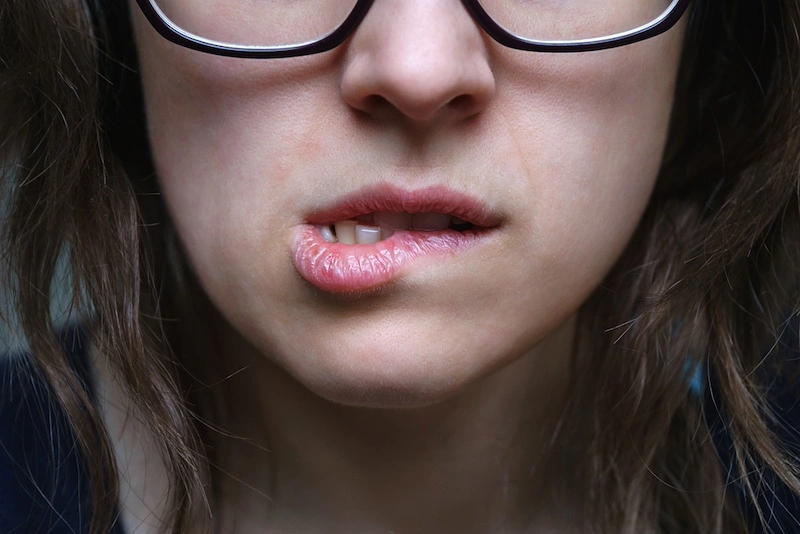When left untreated, excoriation disorder can have far-reaching consequences on an individual’s physical and emotional well-being. Continuous skin-picking can lead to skin infections, scarring, and changes in skin texture and appearance. These physical consequences can contribute to feelings of shame, embarrassment, and low self-esteem, further exacerbating the emotional distress associated with the disorder.
Excoriation Disorder Treatment
Excoriation disorder, also known as dermatillomania or skin-picking disorder, is a mental health condition characterized by the recurrent and irresistible urge to pick at one's skin. Treatment for excoriation disorder typically involves a combination of psychotherapy and medication, tailored to the specific needs of each person. The goal of treatment is to help individuals manage their symptoms, reduce skin damage, and improve their overall quality of life.
Schedule an AppointmentThe Impact of Untreated Excoriation Disorder
Untreated excoriation disorder can also interfere with various aspects of daily life, including work, school, and social interactions. Individuals may avoid certain activities or situations due to the fear of others noticing their skin damage or the inability to control their skin-picking urges. This avoidance can lead to social isolation and a decreased quality of life.


Coping with Excoriation Disorder
Coping with excoriation disorder without professional support can be challenging. The compulsive nature of skin-picking can make it difficult for individuals to resist the urge, even when they are aware of the negative consequences. Furthermore, the underlying psychological and emotional factors that contribute to the disorder may be difficult to address without the guidance of a mental health professional.
The primary goals of excoriation disorder treatment are to help individuals reduce the frequency and intensity of skin-picking episodes, develop healthy coping mechanisms, and improve their overall quality of life. Treatment also aims to address any co-occurring mental health conditions and help individuals build a strong support system.
The Role of Professional Treatment in Excoriation Disorder Recovery
Professional treatment plays a crucial role in helping individuals with excoriation disorder achieve lasting recovery. Mental health professionals, such as psychiatrists and therapists, are trained to provide evidence-based interventions that target the specific challenges associated with the disorder.
A comprehensive treatment plan for excoriation disorder often includes cognitive-behavioral therapy (CBT), which helps individuals identify and modify the thoughts and behaviors that contribute to their skin-picking compulsions. In some cases, medication may be prescribed to help manage symptoms of excoriation disorder or co-occurring mental health conditions. Selective serotonin reuptake inhibitors (SSRIs) and N-acetylcysteine (NAC) have shown promise in reducing skin-picking behaviors and associated distress.


The Benefits of Seeking Professional Help for Excoriation Disorder
Seeking professional help for excoriation disorder can lead to numerous benefits in an individual’s journey towards recovery. With the support and guidance of mental health professionals, individuals can gain a better understanding of their condition and develop the skills necessary to manage their symptoms effectively.
Through treatment, individuals can experience a reduction in skin damage, leading to improved self-image and increased confidence. As they learn to control their skin-picking urges, they may also notice improvements in their social, occupational, and academic functioning. Professional support can help individuals address co-occurring mental health conditions, build a strong support system, and reduce the risk of relapse.
